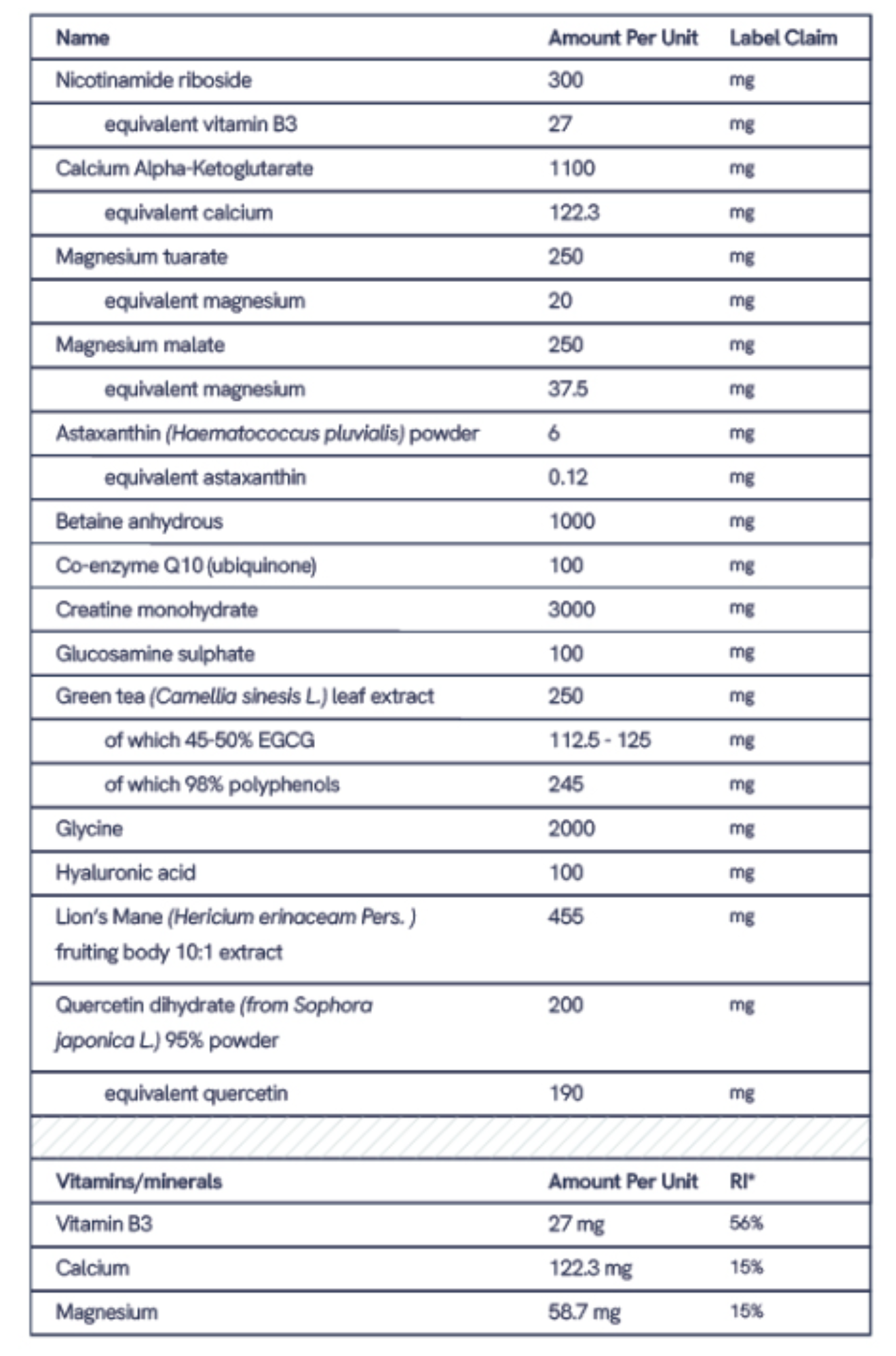Imagine a city where the phone lines keep breaking down. Police, hospitals, and firefighters can’t coordinate. Traffic lights stop syncing. Confusion spreads, and the city begins to stumble.
That’s what happens in your body when cell-to-cell communication starts to falter. Your 37 trillion cells rely on constant chatter, through hormones, neurotransmitters, immune signals, and more, to keep everything coordinated. With age, this communication system becomes distorted. Signals get weaker, delayed, or misinterpreted. The result is altered intercellular communication, one of the key hallmarks of aging.
Why Cellular Communication Matters
Your body is not just a collection of independent cells. It’s a community where each cell plays a role but also depends on others. Hormones tell tissues when to store or release energy. Immune cells send alerts about invaders. Neurons fire signals that guide movement and thought.
When the messaging system works, the body feels harmonious and responsive. But with age:
-
Hormonal signals weaken or become less effective (think menopause, reduced testosterone, insulin resistance).
-
Immune signals become confused, leading to chronic inflammation.
-
Stress signals linger longer, keeping the body in “alert mode.”
It’s like a group project where everyone talks over each other, and nothing gets done properly.
How Communication Breakdown Shows Up in Daily Life
You may notice slower reactions, reduced stress tolerance, or changes in metabolism. The immune system might overreact to harmless triggers while failing to respond strongly to real threats. Blood sugar may fluctuate more, mood regulation may weaken, and recovery from stress or illness can feel more difficult.
At a deeper level, miscommunication contributes to chronic inflammation, metabolic disease, neurodegeneration, and even accelerated tissue aging.
The Hopeful Truth: Signals Can Be Strengthened
Even though communication declines with age, lifestyle habits help keep the cellular “phone lines” clearer and stronger.
Everyday Practices That Improve Cellular Communication
Movement is a universal translator. Exercise improves insulin sensitivity, enhances hormonal balance, and strengthens neural communication.
Nutrition provides the raw materials for messaging molecules. Whole foods rich in fiber, healthy fats, and micronutrients support hormone production and neurotransmitter balance.
Rest is essential. Sleep acts like a nightly reset, clearing away noise and allowing clear signals to flow the next day.
Stress balance matters profoundly. Chronic stress floods the system with mixed messages, while relaxation restores clarity.
And perhaps most overlooked: social connection. Positive relationships not only improve mental well-being but also measurably influence hormonal and immune communication networks.
Common Questions About Intercellular Communication
“Is this why hormones change so much with age?”
Yes. Hormonal decline or resistance is one of the clearest signs of altered communication. But lifestyle influences how smooth or disruptive those transitions feel.
“Does this affect mental health too?”
Absolutely. Neurotransmitters are part of this communication web. Poor sleep, diet, or chronic stress can disrupt brain signals, leading to mood imbalances.
“Can the body relearn to communicate better?”
Yes. These systems are adaptable. Exercise, nutrition, and stress management often restore more efficient signaling, even later in life.
Your Takeaway
Altered intercellular communication may sound abstract, but it explains why aging can feel like a body-wide slowdown. The chatter between your cells keeps you sharp, resilient, and balanced. When those signals falter, the whole system stumbles.
The encouraging truth? You can clear the lines. Every walk, every night of restorative sleep, every laugh with a friend sharpens the messages your cells send each other. By strengthening communication, you strengthen the harmony of your whole body.
This information is for educational purposes and does not replace medical advice. Always consult a healthcare provider for personalized insights and guidance.

